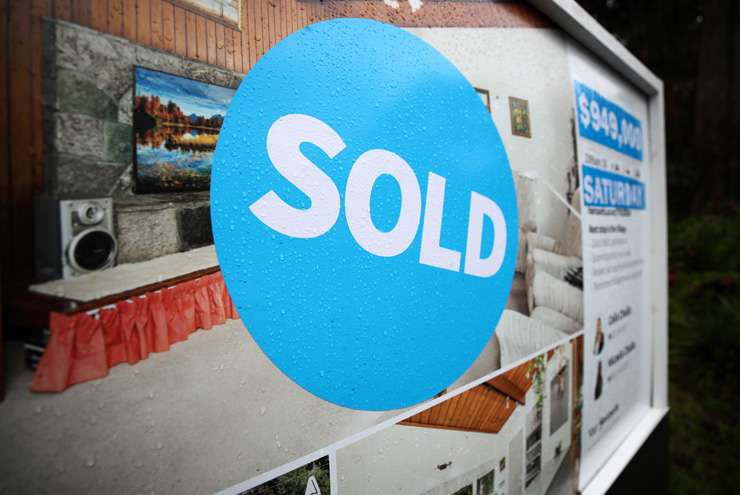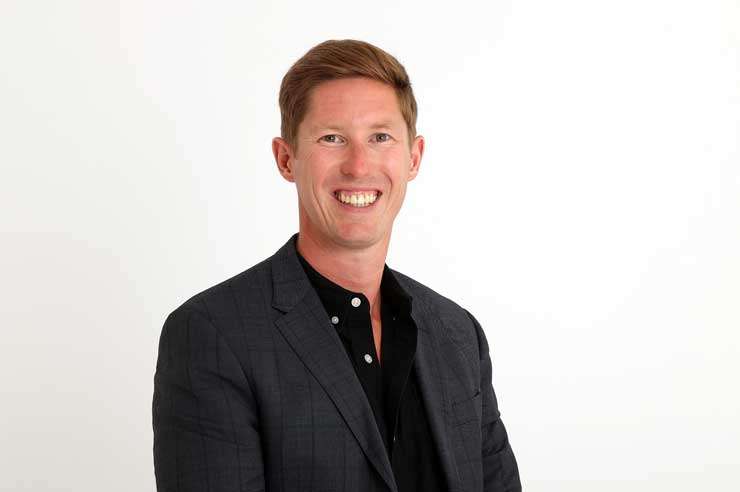First home buyers are emerging from an enforced house buying slumber, although the road to home ownership is still not easy.
Tweaks to Government regulations and home loan schemes, however, have eased the pain a bit after a difficult few years, say agents and commentators.
The relaxation of the stringent CCCFA (Credit Contracts and Consumer Finance Act) lending rules banks have been applying around home loan applications has seen newbies being able to dip their toes in the water again - and those rules are due to be further loosened, although the next wave of changes won’t take place until March.
Some have said next year is not soon enough because the CCCFA, which has seen banks examining expenses on the bank statements of would-be borrowers with a magnifying glass, has stopped many first home buyers in their tracks.
Start your property search
A win for first home buyers, though, was this year’s Budget announcement of the removal of first home loan caps nationwide and the increasing of the price caps for first home grants.
But even with the tweaks and the housing market having turned a little in the favour of first home buyers, meaning they can take a bit of time to look around and put in offers with conditions attached instead of trying to buy unconditionally at auction, many say new buyers should not take too long to make up their minds.
The rollercoaster housing market changes direction quickly and not-if-but-when it flips back to a sellers’ market first home buyers could again struggle to compete.
Caveats to the good news for first home buyers is not just high inflation and rising interest rates but the fact banks are testing people’s ability to repay mortgages on much higher rates.
Interest rate pressure
Rupert Gough, CEO and owner of the Mortgage Lab, says interest rates are the really big problem in the first home buyer market because higher rates mean people lose a significant amount of their buying power.
“If they could have afforded $1m last year for a mortgage it would be about $850,000 this year.”
Given house prices have dropped, this is still a more preferable scenario to being approved for $1m but not being able to snare a house at all amid the buying frenzy last year, Gough says.
“I think there was a lot of despair around ‘I can’t find a house’ a year ago and now it’s back to ‘I can’t afford the house I want’. That’s a huge change.”

A sold sticker on a real estate sign. In the space of a few months the market has swung from FOMO (fear of missing out) to FOOP (fear of overpaying) Photo / Fiona Goodall
Gough also says people haven’t grasped the magnitude of geographical barriers being removed from the first home loan price caps, saying anyone earning less than $150,000 can access the first home loan scheme and with a low deposit.
“That kind of salary gets you about $800,000 of borrowing. That's anywhere in New Zealand and $800,000 in some parts of New Zealand buys a lot – you could get a four-bedroom house in the provinces.”
Economist Benje Patterson, however, urges caution about buying far from home just for the sake of getting on the property ladder.
“Over recent years we've seen a lot of people pushed in to places they don't actually really want to live, both suburbs and also other parts of the country.
“Some of that is not necessarily because of the allure of the place they've moved too, it's more that they think they need to have a house at all costs.”
Patterson says he has peers who are “not completely comfortable” with where they have ended up and some have found themselves stuck in a place that doesn’t quite fit them and far from their social connections.
If they were entering the market now, with the FOMO having dissipated, they may have decided not to uproot themselves, he says.
Changing mindset
Patterson also says first home buyers should work out their own mortgage repayment budget on very high interest rates, regardless of whatever the banks’ short-term stress test rates are, because anything can happen.
He says he bought when rates were about 5 per cent but was always looking at how he would cope if they were 10 per cent or more.
”If the unthinkable ever happened and they went to something like 12 or 15 percent would I have a way to get through?”
While high inflation has grabbed headlines with stories of people cutting back on their spending, Patterson says the untold story is what happens when people refix their mortgages.
That’s because they have to find a lot more money to pay back the loan.

Economist Benje Patterson: ”If the unthinkable ever happened and they went to something like 12 or 15 percent would I have a way to get through?” Photo / Supplied
“If you have half a million dollars of debt, for every percent your mortgage rate goes up, that’s $5000 of additional interest.”
But mortgage broker Solomon Kurukuntala, from the Loan Market, who works in first home buyer areas in Auckland’s south, says he’s noticed changes in the first home buyer psyche of late.
For a start, the phones are ringing again – but Kurukuntala says first home buyers are also coming back to the market far more educated and much more sensible.
They are more accepting of the higher interest rates whereas at the beginning of the year they were shocked at how they were soaring: “Now they realise that is the reality and people do understand inflation and everything.”
And while the banks have dialled down on the CCCFA stringency, Kurukuntala says the strictness over the first half of the year contributed to a change in the culture of how first home buyers manage their finances.
“They realise they can’t keep spending the way they used to before and also have a mortgage.”
People are also realising there is no point stretching their budgets to the maximum of their loan approval, he says.

Valocity head of valuations James Wilson: “Usually, before you realise it's happening, you're locked out again.” Photo / Fiona Goodall
“In 2020 and 2021 if people got approved for $1m they wanted to buy a house for $1.2m but now the trend is if they're approved for $1m they are looking at houses at $900,000.
“They know very well the way things are going with interest rates and other costs if they want to spend $1m or more then that it's going to put a lot of burden on them.”
Kurukuntala also thinks first home buyers are relying on brokers more than banks, and shopping around among brokers, to make sure they are getting the right information and the best deal.
Developers have become more realistic, too, he says, which helps because they are selling property for a fair price as opposed to wanting more than what the house was worth in last year’s market.
“As a broker I called all my first home buyers who couldn't buy last year and told them the market is changing; now investors are out; now it's your time to get in and buy.”
Missed opportunities
James Wilson, head of valuations for OneRoof’s data partner Valocity, says first home buyers who think they can’t afford to buy a home should not be swayed by advice from mum or dad or family but should talk to their bank or a broker.
“Go and find out the facts because you may be surprised, you could be a lot closer to being able to buy than you think.”
But he says even though house prices have fallen first home buyers shouldn’t be fooled into expecting the market to fall further, saying while that may happen the minute the market stops softening it could take off upwards again quickly.
“Usually, before you realise it's happening, you're locked out again so don't fall into the trap of sitting back and waiting.”
The ASB’s chief economist, Nick Tuffley, says he sees two big positives for first home buyers at the moment – one is house prices are likely to keep falling into the early parts of next year, and the other is the disappearance of the FOMO factor.
“They’re able to buy properties a lot more on their own terms of how they go about it and any potential conditions they put on the purchase.”
With interest rates the way they are debt servicing affordability is an issue as first home buyers generally start from low deposits but want to borrow a lot.
But Tuffley points out there have always been, and always will be, cycles in prices and interest rates.
“We've got to take that perspective that we get these periods where interest rates may be quite high and that can make life a bit challenging for a year or two but they are not always going to remain at those levels.”
















































































